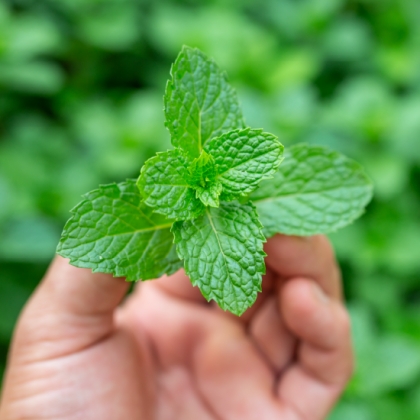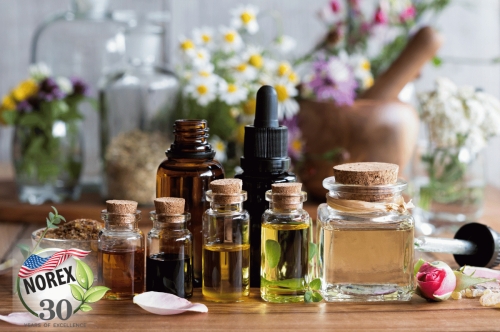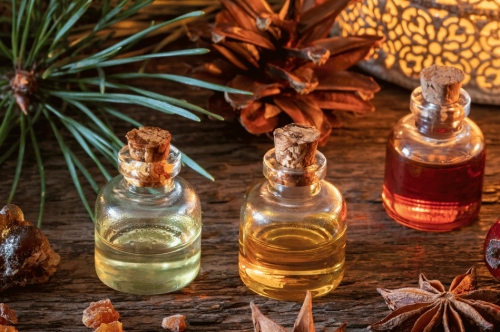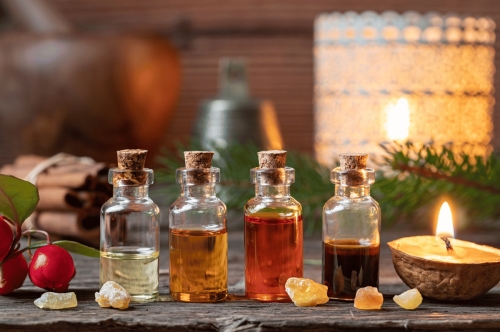How to Identify High-Quality Essential Oils: A Manufacturer’s Guide
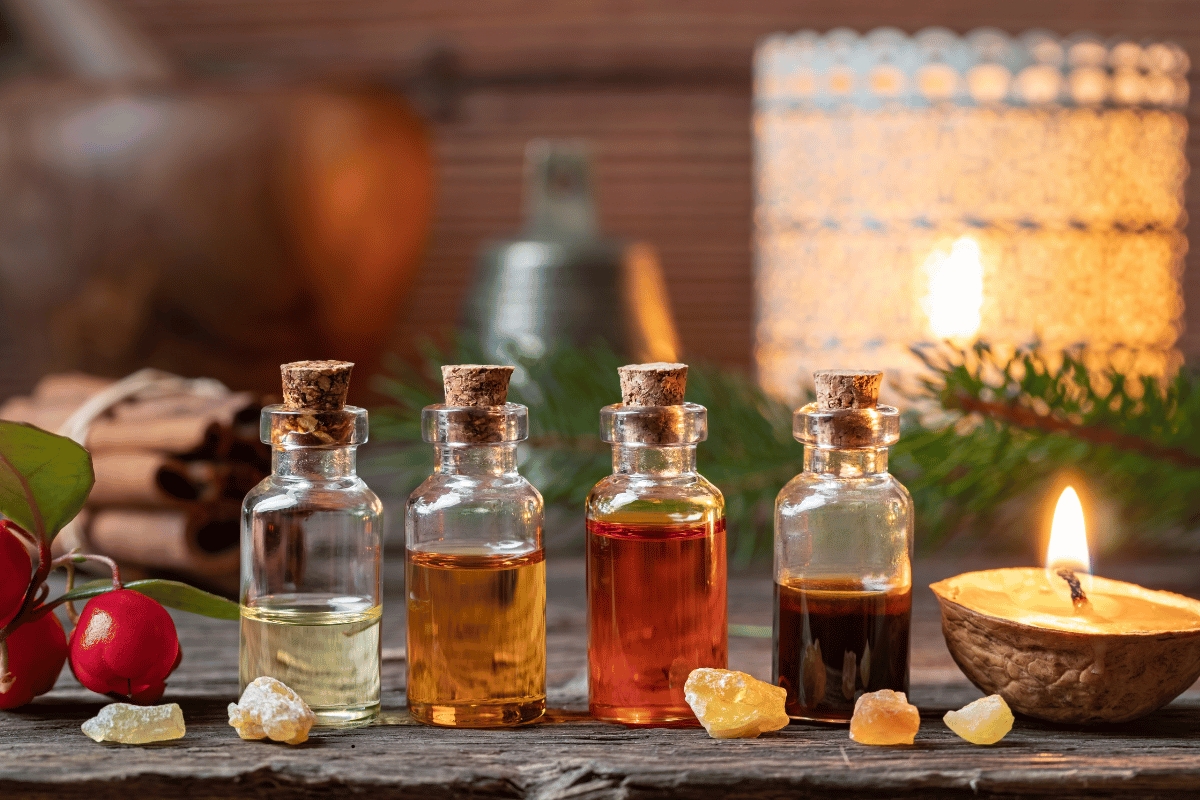
In a rapidly growing wellness market flooded with choices, identifying high-quality essential oils can be overwhelming. At Norex, with over three decades of experience in manufacturing and exporting essential oils, we understand what sets a premium oil apart from a substandard one.
Whether you're a personal care brand, aromatherapist, or formulator in the food and pharma industry, knowing how to assess essential oil quality is crucial. This guide provides professional insights from a manufacturer’s lens, helping you make informed and confident decisions.
1. Check the Botanical Name (Latin Name)
A quality essential oil should clearly mention its botanical (Latin) name on the label. This ensures transparency and allows you to verify the plant species.
For example:
-
Lavandula angustifolia (True Lavender)
-
Melaleuca alternifolia (Tea Tree)
-
Cymbopogon citratus (Lemongrass)
❗ Common names can be misleading. Only the Latin name tells you the exact species used.


